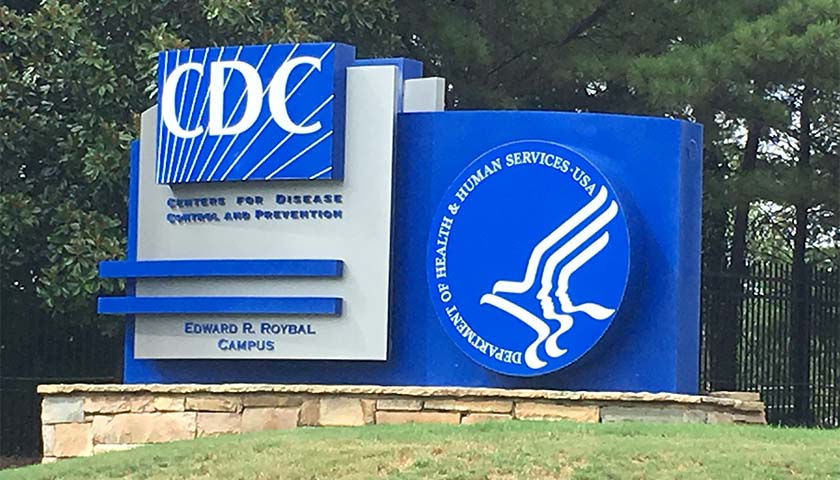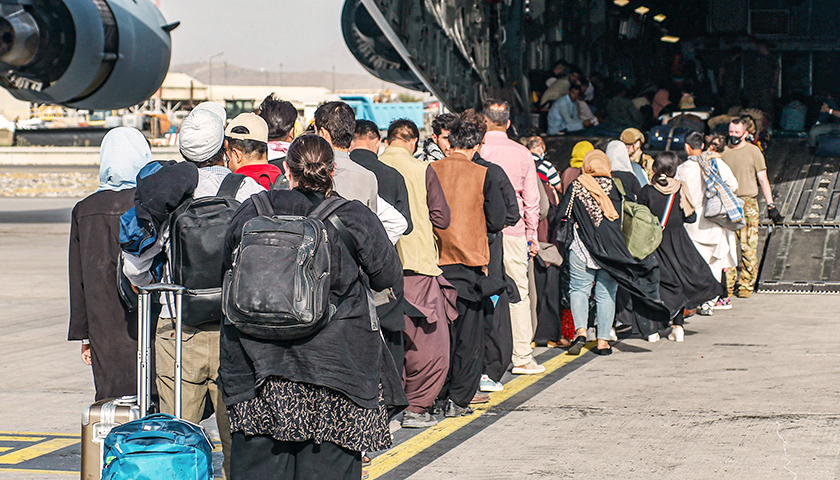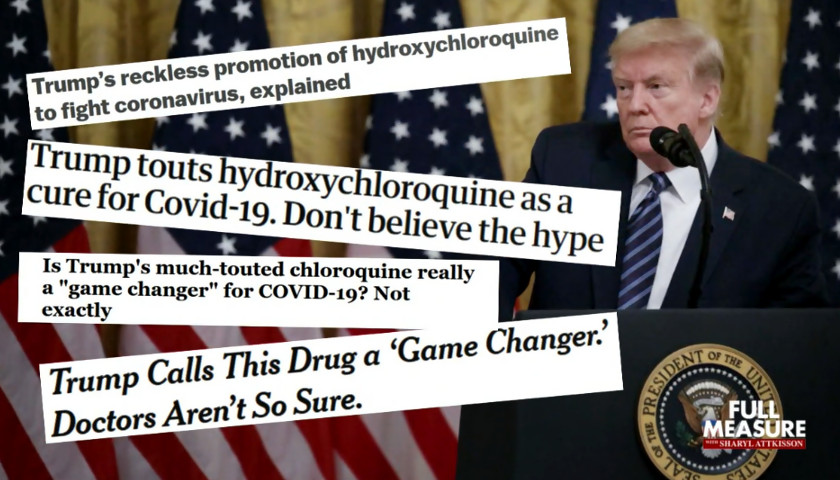Successful public health campaigns and medical advances have enabled the United States to conquer a range of disfiguring and damaging diseases. Polio, which paralyzed thousands of Americans annually, was wiped out by widespread vaccinations. In 1999 the nation’s last hospital for lepers closed its doors in Louisiana. A global campaign eradicated smallpox, while lethal tuberculosis, the “consumption” that stalked characters in decades of literature, seemed beaten by antibiotics. Measles outbreaks still occur from time to time, but they are small, local, and easily contained.
Recently, however, some of these forgotten but still formidable infectious diseases have begun to reappear in the U.S. For two years running, polio has been detected in some New York water samples, and this fall, leprosy re-emerged in Florida, where cases of malaria have also been recorded.
Read More



